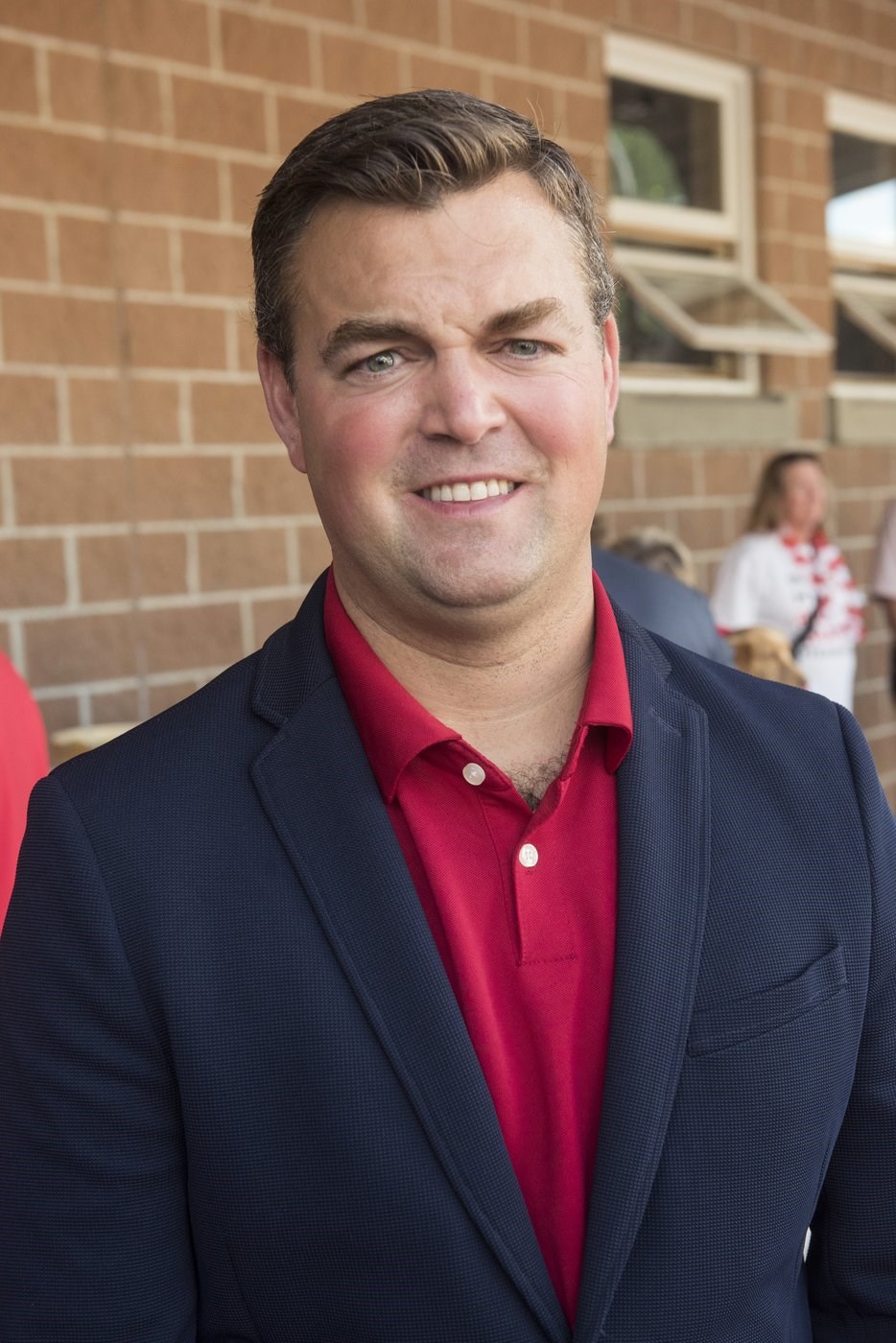FREDERICTON — A New Brunswick court has found that First Nations can seek title to vast areas of privately owned land in the province, but to do so they have to go through the Crown rather than the companies that own it.
The Nov. 14 decision by Justice Kathryn Gregory of the Court of King's Bench is in connection with a lawsuit launched in 2021 by six Wolastoqey Nations seeking a declaration of Aboriginal title over more than 50 per cent of the land in the province.
The land in question includes areas held by major timber and oil companies, but Gregory's decision removes the seven industrial defendants from the lawsuit and says only the Crown — represented by the federal and provincial governments — has a direct legal relationship with the Wolastoqey.
"Aboriginal title, if declared, is declared as against the Crown. It establishes the legal relationship, interests, and state of affairs as between the Crown and the Aboriginal group, not as between an Aboriginal group and private parties," she says in her decision.
"I acknowledge such a declaration impacts everyone, Crown and non-Crown, but the legal declaration itself is against the Crown only." She says the industrial defendants were a "distraction and a detraction from the constitutional nature of the action."
The Wolastoqey Nation hailed the decision as an "enormous victory" and a "precedent-setting decision" in their fight for Aboriginal title claim.
"If Aboriginal title is proven, then the question turns to what remedies are owed, including whether lands owned by the industrial defendants should be returned to the Wolastoqey Nation," the Indigenous group said in a news release.
Chief Allan Polchies of St. Mary's First Nation said he was thrilled by the decision.
"The court has been clear that the Crown needs to sit down with us to negotiate our title claim," he said. "We trust and hope that the new provincial government will stand by its campaign promises and immediately begin discussions with us." On Oct. 21, the Liberals won a majority, ending six years of Progressive Conservative government.
The previous government had said that in challenging the Wolastoqey title claim it was protecting families, homeowners, businesses and others who own property within the contested area. Last year, then-premier Blaine Higgs said public statements by the Wolastoqey that their claim would not affect private landowners did not match their court filings.
"If successful, the Wolastoqey would have the right to exclusive use and occupation of all lands in their claim," he said in a news release. On the campaign trail last month, Higgs called New Brunswick "ceded" land. The Wolastoqey accused Higgs of fearmongering and said they were "not seeking to displace individual New Brunswickers from their lands, residences or farms."
This week, New Brunswick Attorney General Rob McKee called Gregory's decision a "helpful" reminder that Aboriginal title is primarily about reconciliation and said title claims are best discussed at the negotiation table versus a courtroom.
McKee said his office has "instructed lawyers representing the provincial government in most litigation involving questions of Aboriginal title or treaty rights to engage with lawyers on the opposing side and seek consent to pause all litigation while the Crown and First Nations pursue negotiated settlement of all claims."
Premier Susan Holt said her government is preparing for talks but gave no date for when they will begin. "We're going to go and make sure that we have all the right people around the table to start the hard work of negotiation," she told reporters Tuesday.
Nicole O'Byrne, an associate professor at University of New Brunswick's faculty of law, said the title claim case is far from over.
"The private landowners are not in play," she said. "It's going to be nation-to-nation, which is basically federal and provincial governments versus the Wolastoqey Nation."
If, while negotiations are ongoing, parcels of the land in question need to be developed for mining or forestry, she said the provincial government should consult with the Wolastoqey.
"There is a very, very large duty owed by the Crown to make sure that the Aboriginal interests have been taken into account," O'Byrne said.
This report by The Canadian Press was first published Nov. 20, 2024.
Hina Alam, The Canadian Press

